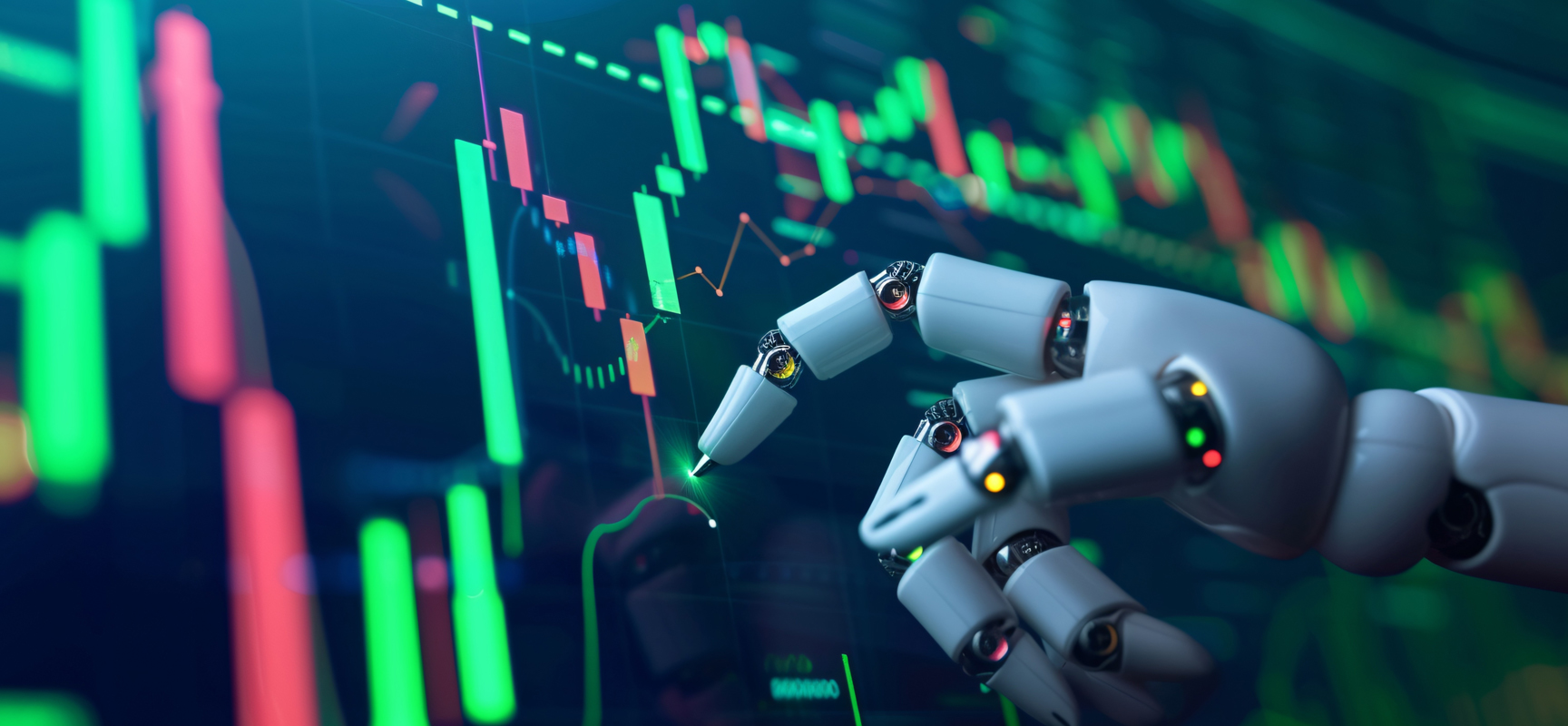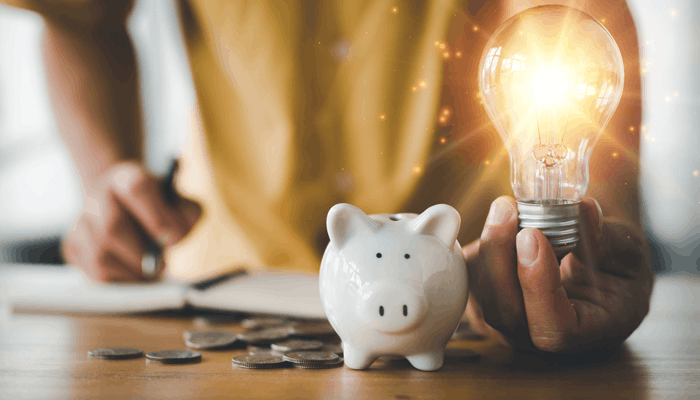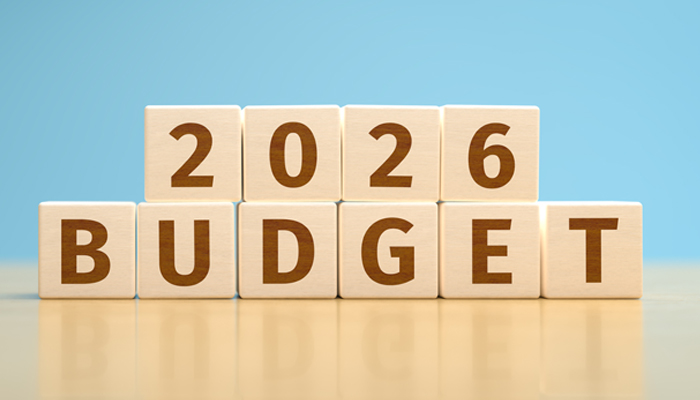
Will AI Finally Give Stock Forecasters an Accurate Look into the Future?
If intensive computer analysis of stock market data has allowed short-term investors to beat some benchmark indexes some of the time, shouldn't the added sophistication of artificial intelligence (AI) allow them to beat the market most of the time?
People looking to make money from well-timed speculation certainly hope so. A recent survey by Morgan Stanley found that 72 percent of individual investors think AI will be a "game changer."1
The technical (and more accurate) term for AI is machine learning. This is because the computer models aren't actually thinking like an intelligent entity, but rather recognizing complex patterns and extrapolating what a continuation of those patterns might look like. For example, an AI model is able to look at a badly damaged picture and generate an image of what the clean original might have looked like.
One area where the power of machine learning to make predictions is being demonstrated is in the data-intensive world of weather forecasting. Currently, the best forecasts are made by humans crunching huge amounts of data and employing advanced physics. But according to Scientific American, an experimental AI model called GraphCast is performing on par and sometimes even better than the most accurate current system. And it's able to do it more quickly and with less processing power.2
However, scientists are finding that GraphCast is not able to predict what people really want to know about—the severe, life-changing events that are relatively rare. As one scientist explains, this is because the vast majority of data the AI model is trained on is from typical weather events. Rare catastrophic events simply don't happen often enough to generate the kind of data needed to predict them consistently and accurately into the future.
This same constraint is what limits AI's ability to predict the behavior of the stock market. The root causes for both gains and losses are often not fully understood. However, this is not to say that machine learning can't add immensely to the productivity and profitability of the companies whose shares are being traded. Or that AI can't add to the efficiency of moving capital where it can be best used.
Because significant gains are made on unexpected "big days," disciplined investors keep their money in the market, knowing that there's no computer model that can reliably predict when to jump in and out. But even if you can't see into the future with certainty, you can plan for it successfully.
1. http://go.pardot.com/e/91522/-to-call-bs-on-active-managers/952ps7/2323335540/h/gsGvStNyBHER_LoNxe41cv9C2oJGpuceH58WtjmJU-o
2. http://go.pardot.com/e/91522/sting-cant-replace-humans-yet-/952psb/2323335540/h/gsGvStNyBHER_LoNxe41cv9C2oJGpuceH58WtjmJU-o

Related articles

Saving money isn’t just about cutting back—it’s about thinking differently. In 2026, rising costs and evolving financial tools mean traditional advice like “cut back on Starbucks” isn’t enough....

Estate planning in 2026 is more critical than ever as rising exemption limits, evolving tax rules, and shifting family dynamics reshape wealth transfer strategies. With the federal estate and gift...

As we step into 2026, creating a solid budget is more important than ever. Economic trends, evolving consumer behaviors, and technological advancements are reshaping how we manage money. Whether...